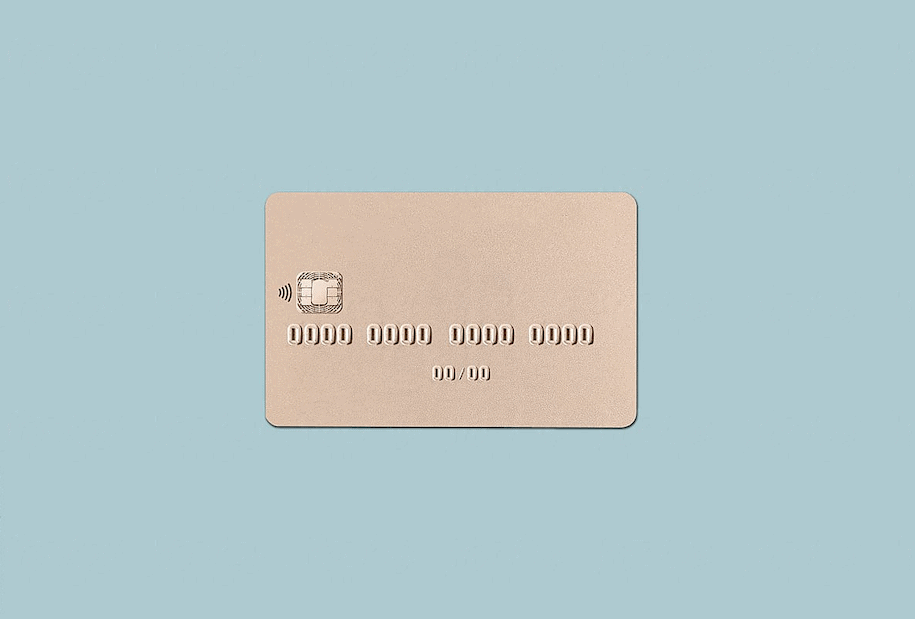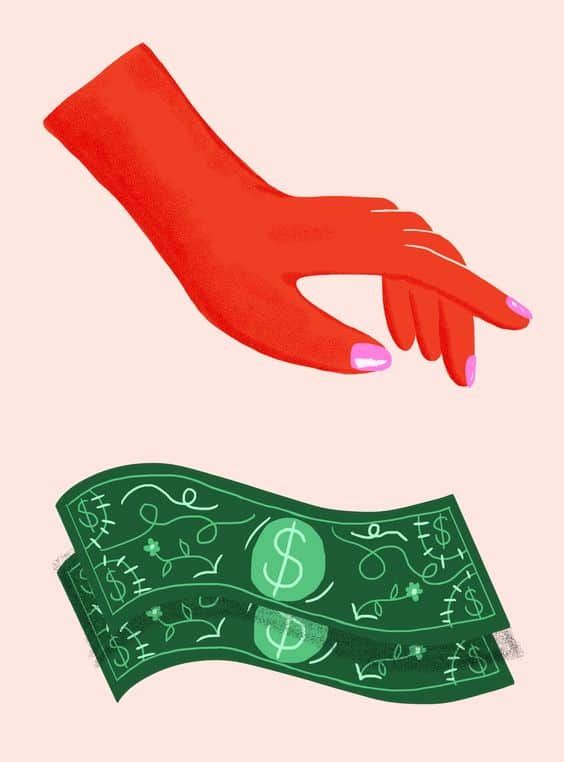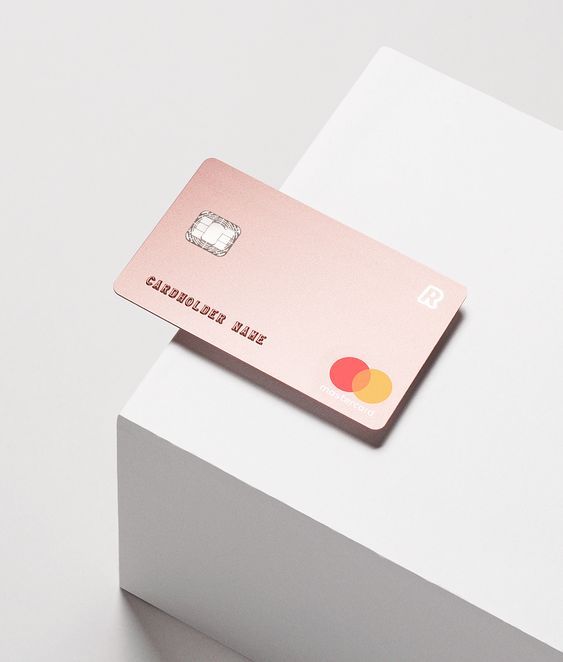
Five money rituals to start today, according to financial gurus.
1. Save 10% of everything you earn.
This is the golden rule. Whether it’s $5 or $5000, saving 10% will set you in good stead.
This habit ensures you’re always putting away an affordable amount – regardless of how much you earnt. Place all the money from this into an “untouchable” savings account to build your funds for the future.
2. Make interest your best friend.
If someone were to offer you $300 for free, would you accept?
Of course! That’s a no-brainer… which is exactly why financial experts never underestimate the power of interest.
When you lock away a certain amount of money in a savings account, you’re likely to receive a higher interest. Just be sure to look around for which bank is able to offer you the best option!
Take this as an example: say you put $5,000 into a savings account that has a 1.00% interest rate, after your first year the bank will have paid you interest of $50… you can see how this would accumulate!
Just set a savings number, then once you’ve reached it, lock it away in a high-interest account.
3. Cash, please.
The issue with paying by card is that you can tap and tap away without a thought in the world on what you’ve spent. Why? Because it’s not tangible.
When you withdraw cash, you’re more likely to pay attention to what you’re spending. This keeps you accountable.

Each week, take out a set limit of cash for “miscellaneous” spending. This may include coffee, lunch, clothes, etc. That way you’re more likely to budget and reduce your expenses where necessary.
SWIISH Tip: If you don’t like carrying cash you can set the bank app on your phone to notify you every time you make a purchase. This too can help hold you accountable!!
4. Bulk buy.
Yes, it’s true – even the most successful people in finance are savvy savers.
All non-perishables and long-lasting household food and items (such as toilet paper or rice) are best bought in bulk. You’ll end up saving yourself at least half of what you would’ve spent shopping conventionally.
You can bulk buy online or even at stores such as Costco – and we promise, once you start you’ll be hooked!

5. “Dear diary…”
You might think this one is a little left of field, but trust us when we say it’s also the most effective.
If you ask any successful business person whether they’ve kept some form of money diary in their life, at least 90% of the time they’ll say yes.
Nothing draws your attention to unnecessary spending quite like this.

We suggest writing a money diary at least once a year to properly gauge spending habits depending on your stage of life.
How do you write a money diary?
1. Aim for a “typical week”. You don’t want to pick a time where you’re spending a lot more or less than usual as this will skew your findings.
2. Write out your cash flow. You’ll need to spend a minute documenting all your weekly, monthly and yearly expenses, as well as your income.
3. Document everything you spend for one whole week. You can just do this in the notes of your phone or go real old-school and write it out in an actual “money diary”.
4. At the end of the week, evaluate. Weigh up how much you spent versus how much you earned. You might surprise yourself.
This will also keep you conscious of where to pull in on spending in future — not to mention, it’s kind of fun!



